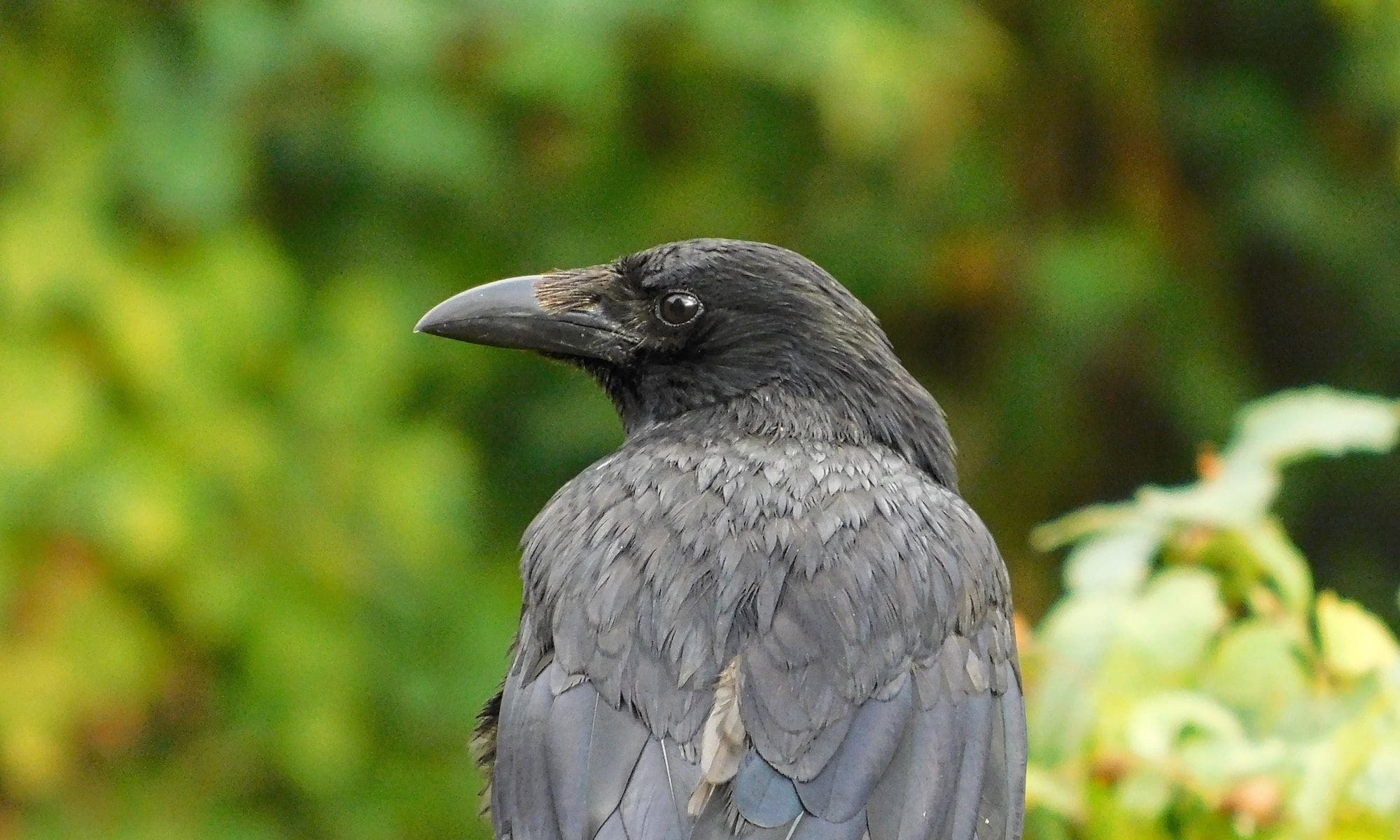We are frequently being asked about alternative, natural and herbal treatment as well as cleaning options being suitable for the care and treatment of birds. Instead of repeatedly answering multiple individual questions, we have compiled the following blog post, which gives hopefully some useful examples. Please note that this list is not thought to be exhaustive.
Please note that all information provided in this blog is for informational purposes only and is not intended as a substitute for advice from your veterinary surgeon, physician, herbologist or other health care professional. You should not use the information on this web site for diagnosis or treatment of any health problem. Please always consult with a veterinary surgeon or healthcare professional before starting any new supplements or diet, before taking or applying any new medication, or if you suspect that your animal patient or you might have a health problem.
It is important to note that medicinal plants contain powerful, pharmacologically active compounds, which means in other words that plants contain drugs. Like drugs, herbal remedies should be used with caution. While the right herb may help your bird, the wrong one may prove toxic. If in doubt, please check with your veterinary surgeon or an experienced herbologist before giving your bird any herbs or alternative treatments. At many occasions the right herbal treatment might be all your animal patient needs to get better. However, at other occasions herbs may rather be a useful supplement complimenting conventional treatments prescribed by veterinary surgeons.
Continue reading “Alternative Treatment Options for Birds”





